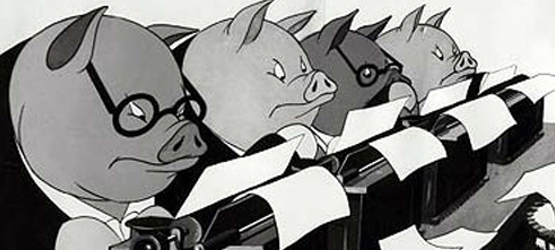Not long ago, making games was simple. Publishers would look at popular genres or areas they saw growth potential in, and then they’d assign a developer to make a game based on what they decided. It was the developer’s job to make the game as good as they could within the timeframe and budget set by the publisher. The game would then sell for $50-60.
Now things are changing.
Free-to-play is increasingly becoming the distribution method for games. On newer markets like mobile, tablet and social it is already the most common way for developers to ‘sell’ their wares, and it’s growing exponentially on PC and with MMOs. Now, a lot of developers are eyeing up a potentially huge market of F2P gamers on consoles. Epic’s co-founder Tim Sweeney sees this F2P future as “more and more inevitable”; Ngmoco’s Ben Cousins thinks there’ll be an F2P “equivalent of Skyrim” in the next couple of years; Nexon USA’s CEO believes consoles have to embrace F2P or they’ll “go the way of the dinosaurs”; Crytek expects MS and Sony to struggle if they don’t go F2P next gen. The list of developers voicing their belief in an F2P future – and starting development on free titles – is vast, and it’s growing.
But here’s the problem – making F2P games isn’t simple. The goal isn’t to make a game as good as possible and then sell it, it’s to make a game that gets people to pay as much as possible and as often as possible, and then try to make it a good game. It’s a fundamental change in the way games are being developed. The accountants aren’t sitting in the publishing department, checking in on the developers and making sure they don’t go over budget, they’re now sitting next to the devs, making the game. Yager Development (the guys behind Spec Ops: The Line), for example, are currently hiring for a ‘Monetization Expert’. Responsibilities include:
Design, implement and balance certain gameplay features that support monetization from initial design to final polish.
Now it’d be unfair to say that whatever they’re developing is going to be made worse by the fact that they’re working on monetization-focused gameplay, as we don’t know anything about it, but the history of F2P is far from comforting.

There are several types of free-to-play design methods, all of which invariably end up making the game worse for those that don’t pay, or only pay a little. The most common F2P model is where they delay you from doing something unless you pay – “Want to mine this gold? Wait 10 mins or pay $0.99”; “Want to your crops to grow faster? Wait an hour or pay 10 FU Credits”. I was once horrified when I heard a senior developer at BigPoint Games (Battlestar Galactica Online) describe the model as “the bus stop system”, and that they make a game with ‘bus stops’, where people have to wait 5 minutes to enjoy a bus, but that they could pay to have a ‘taxi’ suddenly appear. When it was pointed out that these bus stops were annoying and hampered the gameplay experience, he replied: “that’s free-to-play!”
Another method that F2P developers use is microtransactions – small purchases that unlock items – and it has become particularly popular among AAA free games. Upcoming PS3 exclusive and much hyped shooter Dust 514 uses microtransactions, and in this case you can buy upgrades to your weapons and items before you play for the small tune of $0.24… but then you have to buy them all over again when you die. There are countless microtransaction games out there – buy guns, buy bullets, buy the sacred sword of Zingala. Because the vast majority doesn’t pay, games are designed to extract huge amounts out of those that do; they are designed to farm those willing to pay.
That leads to yet another problem with F2P – inequality. It’s a case of rich vs poor. Those willing to pay are given better weapons, or are able to mine ore far faster, leaving other gamers in the dust, even if they’re better skilled. All players are equal, but some players are more equal than others.
Developers are being forced to push this inequality to the extreme. The greater the inequality, the greater the chance that someone starts paying to join the upper elite. If developers release an F2P game that doesn’t do this, they can risk financial failure. Last month developer Rocketcat Games released F2P game Punch Quest to rave critical reviews and over 600,000 downloads, but they decided to not push the monetization aspect. They tried to just make a good game. The result?
It’s making very little money, despite the critical success – @rocketcatgames
You can bet publishers won’t risk that happening on expensive AAA games. They’ll make sure monetization is first and foremost the most important thing.
Gameplay will be second.








